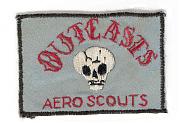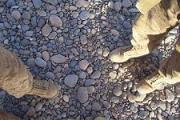Former GG assumes honorary role for regiment
Last Updated: Saturday, March 17, 2007 | 6:19 PM ET
CBC News
Canada's former governor general has been given an honorary regimental position usually reserved for members of the Royal Family.
Adrienne Clarkson, who was the Queen's representative in Canada, became the first Canadian to be appointed colonel-in-chief of the Princess Patricia's Canadian Light Infantry, in a ceremony on Saturday in Edmonton.
She succeeds Lady Patricia Brabourne, Countess Mountbatten of Burma, who has been colonel-in-chief for 32 years.
"It gives me a sense of great comfort and joy that we now have such a perfectly splendid successor, and I retire in the knowledge that the Patricias will be as well looked after as I was able to do," Lady Patricia said.
The position was first held by Lady Patricia Ramsay, a granddaughter of Queen Victoria, from whom the regiment gets its name.
According to the regiment, Clarkson was chosen because she meets all of the criteria for the position, including having visited Canadian troops overseas while governor general, and has a personal connection to the regiment because her husband, John Ralston Saul, is the son of a regiment officer.
More...







 ).
).




Bookmarks